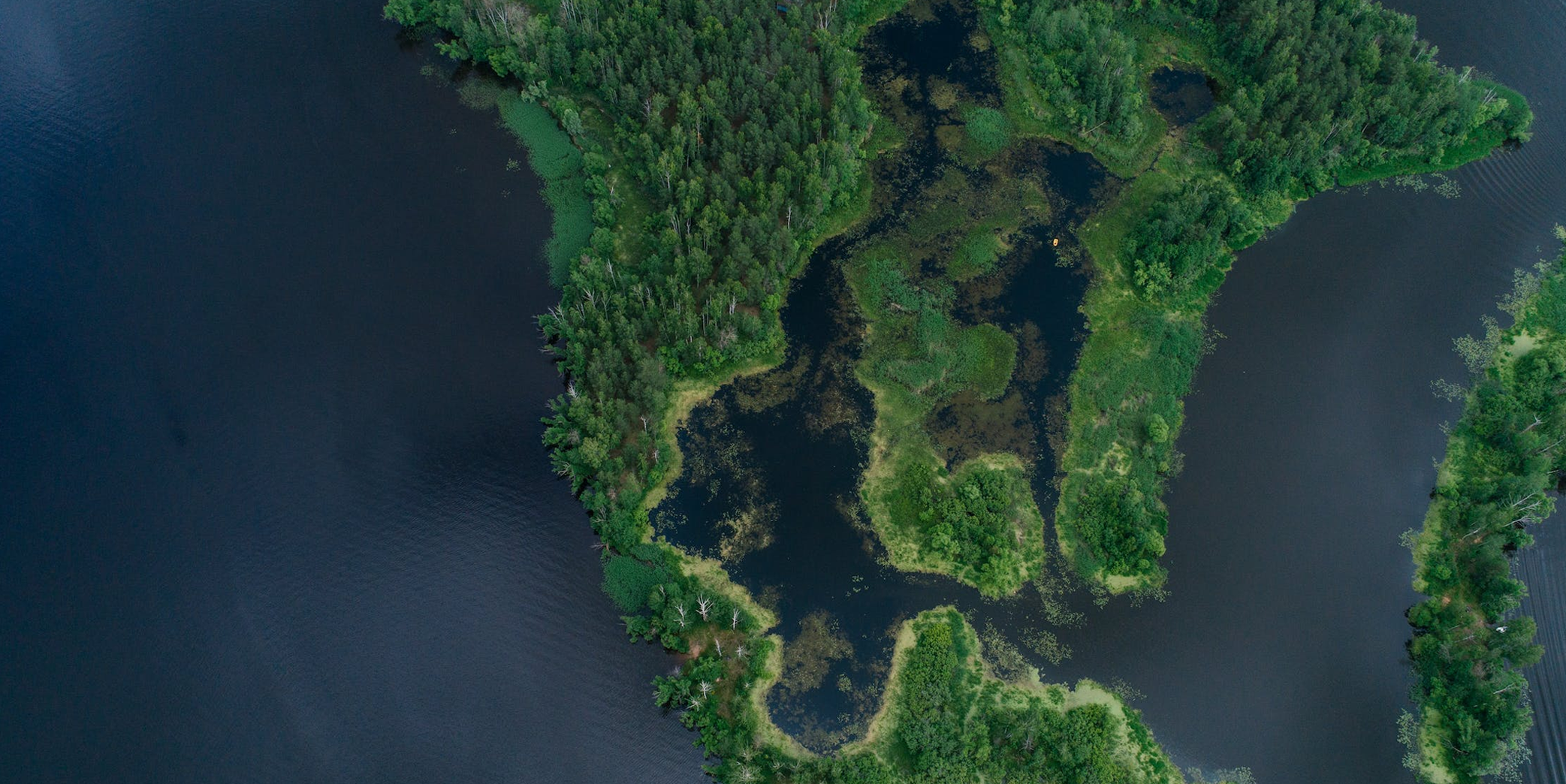May 22 is the International Day for Biological Diversity. And while food waste is flagged as a major issue for the environment and economy, it also poses a significant threat to biodiversity, one of the nine planetary boundaries identified by scientists. The concept of planetary boundaries is a framework that defines a safe operating space for humanity to ensure a sustainable future on Earth. Biodiversity loss is one of the critical boundaries that we have already exceeded, and food waste plays a crucial role in exacerbating this issue.
According to WWF, biodiversity refers to the variety of life on Earth, from plants and animals to microorganisms, and the relationships they form in ecosystems. It is essential for maintaining healthy ecosystems, supporting human life, and providing food, medicine, and other resources. However, the loss of biodiversity is increasing at an alarming rate due to various human activities, including food waste.
Here are some ways food waste threatens biodiversity, and how it contributes to exceeding the planetary boundary of biodiversity loss:
1. Habitat destruction and land use change: Growing and producing food requires a significant amount of land, water, and other resources. When food is wasted, all those resources go to waste as well. This land use change – most often, deforestation – can lead to the destruction of natural habitats. These activities not only reduce biodiversity but also increase greenhouse gas emissions by removing carbon sinks and replacing them with carbon sources, including agriculture that contribute to climate change. According to a study published in the journal Nature, land use change and deforestation are responsible for about 10% of global greenhouse gas emissions. According to a special report from the Intergovernmental Panel on Climate Change (IPCC), about 23% of all human-caused carbon emissions come from agriculture and land use changes including deforestation.
2. Water pollution: Food waste can also pollute water sources. When food waste is dumped in landfills, it decomposes and produces methane gas, which can seep into nearby water sources and contaminate them. Methane gas is a potent greenhouse gas that contributes to climate change. In addition, food waste can also contain harmful chemicals and pesticides that can pollute water sources and harm aquatic life.
3. Loss of pollinators: Pollinators such as bees, butterflies, and birds are essential for maintaining plant biodiversity and food production. However, food waste can reduce the number of pollinators by destroying their habitats and reducing the availability of food sources. In addition, food waste can also contain harmful chemicals that can harm pollinators and other beneficial insects. A study published in the journal Nature found that pollinators are at risk of decline due to habitat loss and fragmentation caused by agriculture and land use changes.
4. Overfishing: Food waste also reinforces overfishing and contributes to the depletion of marine biodiversity. According to the Food and Agriculture Organization, up to 35% of fish caught is wasted, while one-third of the global fish supply is overexploited. Overfishing can disrupt the entire marine ecosystem, affecting not only fish populations but also other marine species that depend on them.
The loss of biodiversity is a critical issue that we need to address urgently. The planetary boundary for biodiversity loss has already been exceeded, which means that the damage is irreversible in many cases. The loss of biodiversity not only threatens the survival of many species, but it also affects our own well-being as humans. Biodiversity loss can lead to food shortages, increased disease transmission, and other negative impacts on human health and well-being.
Reducing food waste is a crucial step towards protecting biodiversity and staying within the planetary boundary for biodiversity loss. Businesses are well-positioned for a meaningful impact through food waste reduction and mindful consumption. Here are some ways we can reduce food waste and protect biodiversity in the workplace:
- Measure your food waste to understand the baseline level and top-wasted items. Winnow’s client journey starts with a food waste baseline period to capture existing waste trends and pinpoint low-hanging fruit. Then, we get more ambitious by optimizing portion sizes and menu design, reducing overproduction, and reworking leftovers creatively.
- Compost food waste that can’t be prevented. It’s important to first reduce, then compost, because preventing food waste saves nine times more emissions than sending it to anaerobic digestion or compost. However, composting food waste can still help reduce methane emissions from landfills and produce nutrient-rich fertilizer for gardens and farms. Composting can also help reduce the need for synthetic fertilizers, which can harm biodiversity.
- Support sustainable agriculture: We can support sustainable agriculture practices that prioritize biodiversity conservation and reduce the use of harmful chemicals and pesticides. We can also support organizations that work to protect habitats and wildlife.
Food waste is a major threat to biodiversity, and we need to take action to address it. By reducing food waste, composting, supporting sustainable agriculture, and making conscious choices about what we eat, we can help protect our planet's biodiversity for future generations. Learn more about Winnow’s food waste solutions for every kitchen here.









Comment on my blog